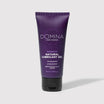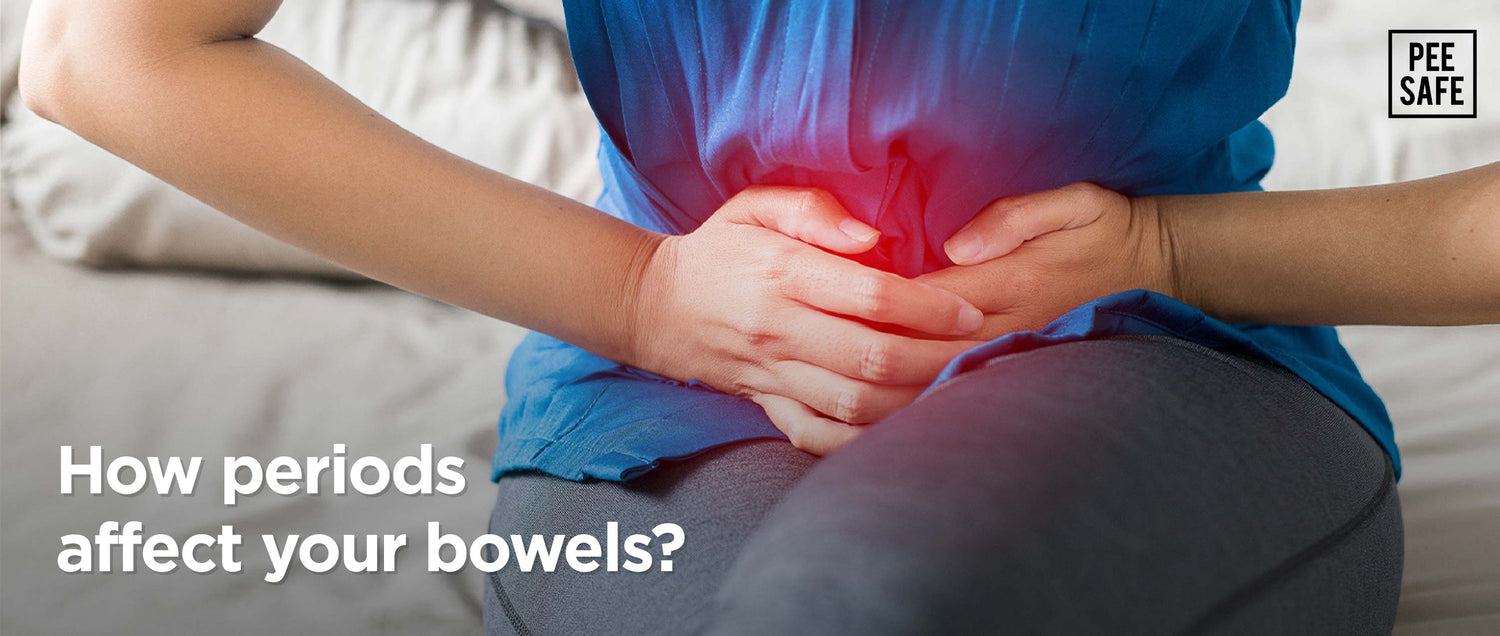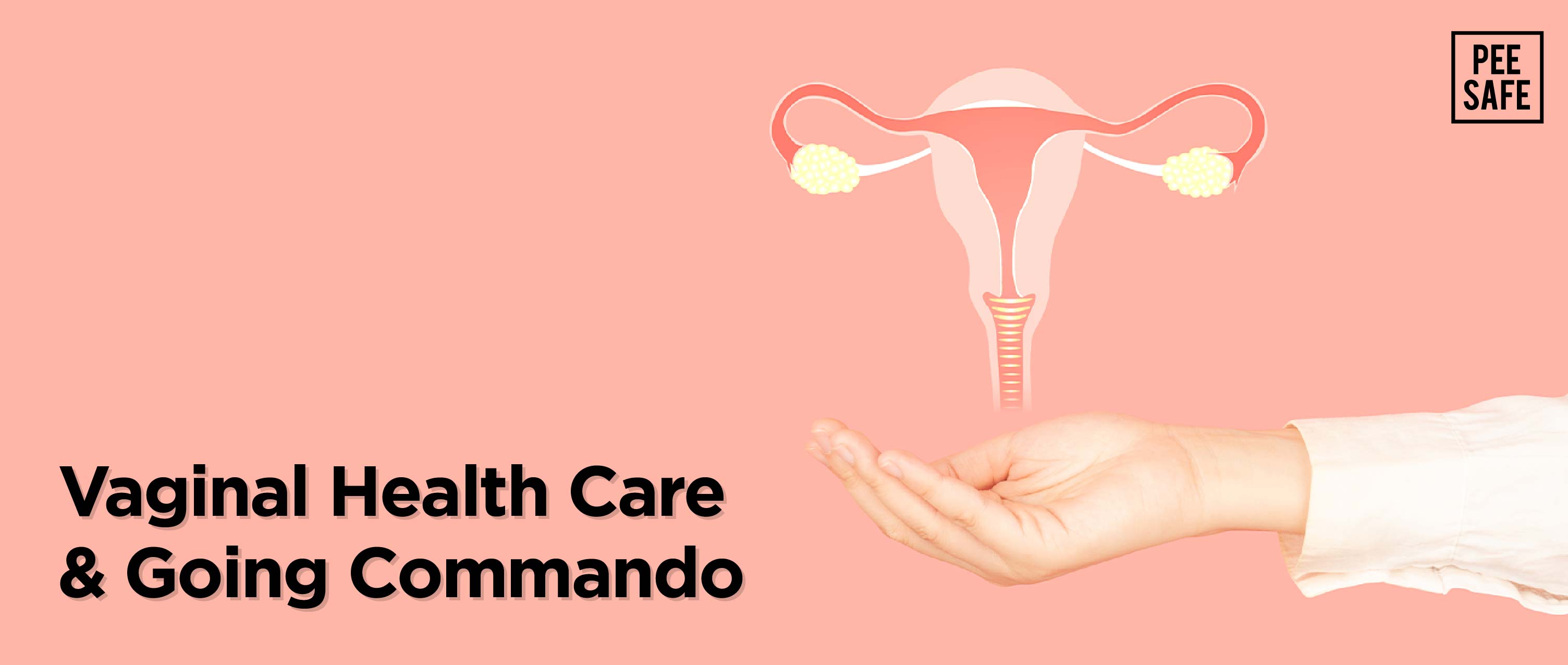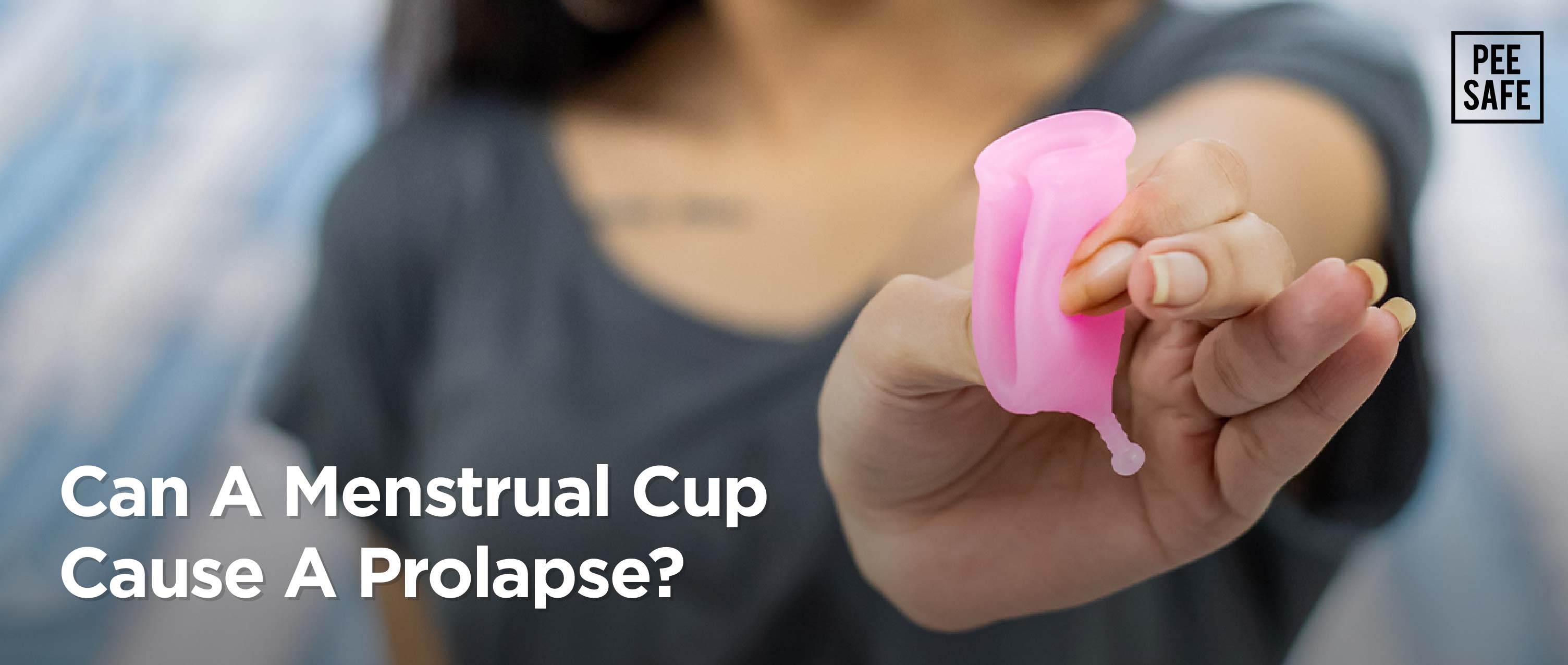Chances are slim that you have not observed an increased bowel movement during your periods. While this is a less covered symptom of your cycle, excessive bowel movements during periods happens to most menstruators.
Such a condition is commonly known as ‘period poop’ and it occurs due to hormonal changes which directly or indirectly affect your digestive system.
As we delve further into unraveling the connection between periods and your digestive system, we must not forget to keep in mind the uniqueness of each body and their reactions to different changes in them.
What Causes An Increased Bowel Movement During Periods?
Period poop typically happens because of the hormonal changes that your body undergoes during your cycle.
The two main hormones responsible for the same are prostaglandins and progesterone.
Another reason that period poop gets exaggerated is because of eating junk during your periods which is a common tendency amongst most menstruators.
Here are a few reasons that cause an increased bowel movements during periods:
- Rise In Prostaglandins: The hormone prostaglandin is released during your periods to initiate contractions in your uterus, in order to shed the blood lining. As they cause the uterine walls to contract they also cause the walls of the intestine to contract; thereby causing increased bowel movements during your periods.
- Rise In Progesterone: The hormone progesterone is generally released to prepare your body for pregnancy by thickening the uterine wall. However, it also affects your digestive system by causing watery stools; diarrhea. It can also cause constipation for some, as progesterone slows down the movement of digested materials to your system.
- A Change In Diet: Periods make you crave for salty, tangy, and sweet foods which are difficult to digest with already existing hormonal changes. Your body faces difficulties in digesting such food, continuous munching on such foods is bound to affect your bowel movements negatively. This is another reason why most menstruators undergo excessive bowel movements during periods.
- Stress: Stress is another factor which changes your bowel movements as compared to your bowel movements before periods. The hormonal changes that your body goes through during periods take a toll on your mental well-being, causing stress.
Stress has a negative effect on your physical health, causing your digestive system to malfunction. The effect of stress on your digestive system causes diarrhea or constipation.
Tips To Cope With Excessive Bowel Movements During Periods
- A Balanced Diet: The key to a healthy period is a balanced and nourishing diet. Consume carbohydrate-rich foods, green leafy vegetables, fibrous and magnesium-rich foods. High-fiber foods are known to keep your digestive system in check. A nourishing diet will not only help you stay healthy but also alleviate period symptoms.
- Physical Exercise: Moving your body on most days and keeping it active can significantly relieve excessive bowel movements. Exercise during periods can also reduce cramps and help smooth bowel movements.
- Over-the-Counter Medicines: Excessive bowel movements in addition to other period symptoms might be overwhelming and uncomfortable. A change in the pattern of bowel movements can also cause bloating during periods. To avoid pain, you can try over-the-counter medicines for relief or these 6 ways to reduce bloating during periods!
Conclusion
While periods might get fussy and overwhelming for you with its various symptoms, it is necessary to remember that healthy periods do not affect your daily life severely. If your cycle hinders your day-to-day activities severely, you should consider visiting a doctor. We understand
period-related changes can be unpleasant, it is important to stay healthy and be kind to your body. Take healthy measures and listen to your body, nourish it. To know more visit the Pee Safe website.
-
✍️ This article was curated by Manisha Shah





































